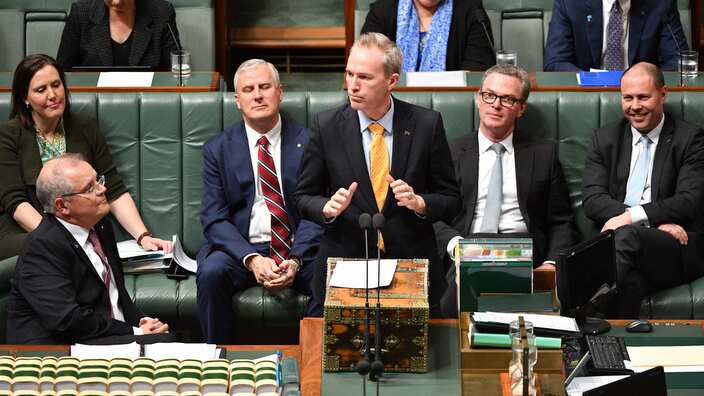Indian national Mr Singh* was convicted for offences of Indecent Act with a child under 16 by the County Court of Victoria in May 2008.
The incident occurred at a shop in Melbourne where Mr Singh was employed. He pleaded guilty to sexually assaulting and forcing himself on a 15-year-old school girl who had come to the shop when there was no one else present.
Based on this conviction, Mr Singh* was refused a partner visa on character grounds by the Department of Home Affairs earlier this year.
Mr Singh appealed against this decision in the Administrative Appeals Tribunal of Australia (AAT) that granted him a reprieve by setting aside the department’s decision.
He earned a reprieve but under new visa provisions introduced in Parliament today, non-citizen sex offenders, violent offenders and those who commit violence against women will be at greater risk of having their visa cancelled or refused.
Under the Migration Amendment (Strengthening the Character Test) Bill 2018 which hit the lower house on Thursday, anyone convicted of an offence punishable by at least two years in prison could have their visa cancelled - regardless of whether they were jailed for less time, or not jailed at all.
Designated offences include offences involving violence, sexual assault, domestic abuse and the use or possession of weapons and must carry a two year or more maximum jail sentence. Minister for Immigration, Citizenship and Multicultural Affairs, David Coleman, the Bill acknowledges the serious nature of these offences, and the long-lasting impact they have on the victim and the broader community.
Minister for Immigration, Citizenship and Multicultural Affairs, David Coleman, the Bill acknowledges the serious nature of these offences, and the long-lasting impact they have on the victim and the broader community.

Minister for Immigration David Coleman Source: AAP
“Entering or remaining in Australia is a privilege and it is expected that non-citizens are, and have been, law-abiding,” Mr Coleman said.
“These crimes can inflict long-lasting trauma on the victims and their friends and family. Physical violence, sexual assault, and violence against women are abhorrent crimes and those non-citizens who commit them are not welcome in our country.”
The new visa provisions are in addition to the existing provisions in the character test, which include the mandatory cancellation powers where a person’s visa must be cancelled if they have been sentenced to 12 months or more in prison.
While the existing provisions have been effective, the 12-month sentence threshold does not always capture people guilty of all serious crimes committed in Australia and overseas.
“Unlike the mandatory cancellation framework, the new provisions will not require that the person be sentenced to a custodial sentence of more than 12 months,” Mr Coleman said.
“A conviction is sufficient grounds to consider cancellation as long as the offence carries a maximum sentence of two or more years’ imprisonment."
The new rule will come into effect one day after the Bill receives the Royal Assent from the Governor-General.

Source: Wikipedia
What are the designated offences?
The list (below) of designated offences will be inserted into s501 of the Migration Act 1958, making it clear that anyone convicted of these crimes, whether in Australia or overseas, will be at risk of having their visa cancelled or refused.
- violence against a person, including (without limitation) murder, manslaughter, kidnapping, assault, aggravated burglary and the threat of violence; or
- non-consensual conduct of a sexual nature, including (without limitation) sexual assault and the non-consensual commission of an act of indecency or sharing of an intimate image; or
- breaching an order made by a court or tribunal for the personal protection of another person; or
- using or possessing a weapon; or
- procuring, or assisting in any way with one of these designated crimes; and
- the offence carries a maximum sentence of two or more years imprisonment.
- Children who commit serious crimes would also be included in the crackdown.
*Names changed.



